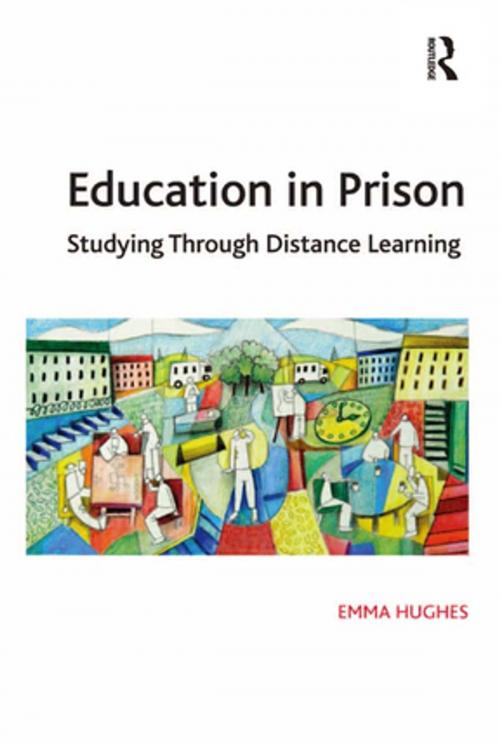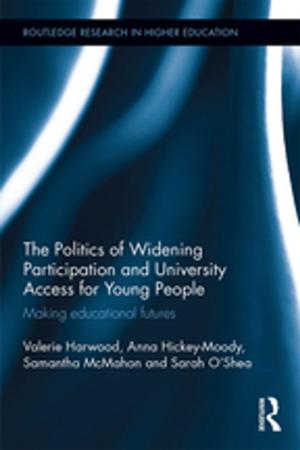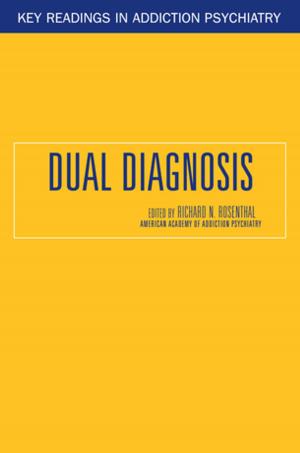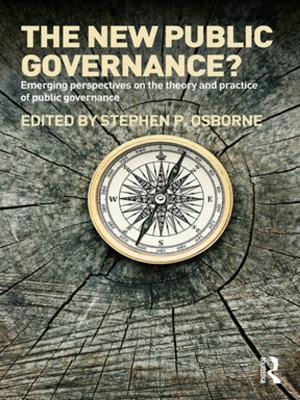Education in Prison
Studying Through Distance Learning
Nonfiction, Social & Cultural Studies, Social Science, Crimes & Criminals, Penology| Author: | Emma Hughes | ISBN: | 9781317145776 |
| Publisher: | Taylor and Francis | Publication: | April 29, 2016 |
| Imprint: | Routledge | Language: | English |
| Author: | Emma Hughes |
| ISBN: | 9781317145776 |
| Publisher: | Taylor and Francis |
| Publication: | April 29, 2016 |
| Imprint: | Routledge |
| Language: | English |
The role of education in prisons, prisoners' decisions regarding education, the impact of prison culture on either encouraging or discouraging such activities, and the potential consequences of education for prisoners' reentry into society all have important implications. This extended analysis of prisoner education represents a unique contribution to an under-researched field, whilst also making important and original connections between research on education in prison and the literature on adult learning in the community. Through offering crucial insights into the varied motivations and disincentives that inform prisoners' decisions to study in prison (whether it be through distance learning or prison-based classes), the reader is also able to consider factors that inform decisions to engage in a broader range of positive and constructive activities whilst in prison. These research findings provide insight into how prison culture and prison policies may impact upon rehabilitative endeavour and suggest ways in which prisons may seek to encourage constructive and/ or rehabilitative activities amongst their inhabitants if desired. Based on interviews and questionnaires completed by British adult prisoners studying through distance learning, this qualitative study offers a valuable complement and counterpart to prison education studies that focus on measuring recidivism rates. The learner-centred approach used yields a nuanced and complex understanding of the varied ways in which education in prison actually operates and is experienced, and considers the consequences of this for the students' lives. As such, the findings offer further insight into important evidence resulting from recidivism studies reviewed within the book, whilst contributing to the reemerging interest in studies of prison life and prison culture that are based on prisoner interviews.
The role of education in prisons, prisoners' decisions regarding education, the impact of prison culture on either encouraging or discouraging such activities, and the potential consequences of education for prisoners' reentry into society all have important implications. This extended analysis of prisoner education represents a unique contribution to an under-researched field, whilst also making important and original connections between research on education in prison and the literature on adult learning in the community. Through offering crucial insights into the varied motivations and disincentives that inform prisoners' decisions to study in prison (whether it be through distance learning or prison-based classes), the reader is also able to consider factors that inform decisions to engage in a broader range of positive and constructive activities whilst in prison. These research findings provide insight into how prison culture and prison policies may impact upon rehabilitative endeavour and suggest ways in which prisons may seek to encourage constructive and/ or rehabilitative activities amongst their inhabitants if desired. Based on interviews and questionnaires completed by British adult prisoners studying through distance learning, this qualitative study offers a valuable complement and counterpart to prison education studies that focus on measuring recidivism rates. The learner-centred approach used yields a nuanced and complex understanding of the varied ways in which education in prison actually operates and is experienced, and considers the consequences of this for the students' lives. As such, the findings offer further insight into important evidence resulting from recidivism studies reviewed within the book, whilst contributing to the reemerging interest in studies of prison life and prison culture that are based on prisoner interviews.















